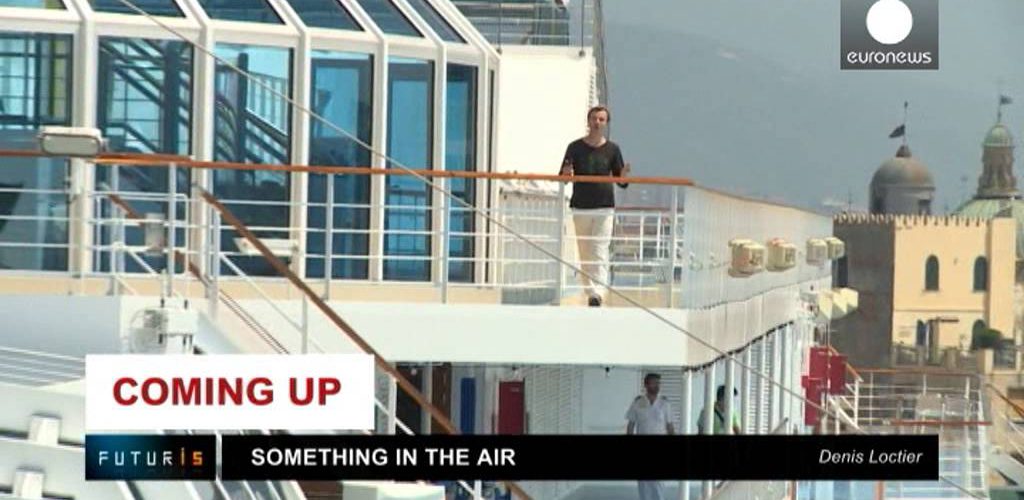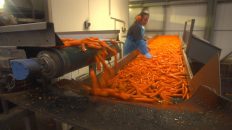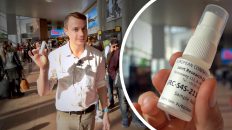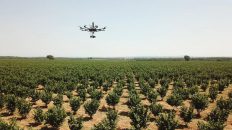Cruise ships – massive floating hotels – sail all around the coasts of Europe. But this luxurious fleet doesn’t just carry passengers: it also helps to drive science forward.
Jens Hjorth, senior scientist in air pollution and atmospheric chemistry, at the European Commission’s Joint Research Centre (JRC) explained: “There’s quite a high level of air pollution over the Mediterranean. And there’s a lack of data about this, we don’t know enough. So we need more observations. And this ship is a very good platform for making observations, because it covers a large area, particularly around the coast where we often have air pollution problems.”
Measuring air pollution at sea has to be done on board a vessel, but running a dedicated ship would be prohibitively expensive. So scientists from the JRC asked for free cabin on a commercial cruise ship – and got one.
Jens Hjorth, said: “It has a route in the Western Mediterranean. It starts in Savona, then it goes to Barcelona, Palma, Malta, Catania, Naples and then back to Savona. It makes this trip every week. We have been taking these kinds of measurements since 2006, always in the same area, following more or less the same route. This gives us a data set that allows us to look at change, to see how this situation is changing from year to year.”
 Air pollution at sea comes from various sources – mainly big urban centres, land transportation and shipping. The scientists come aboard to carry out maintenance but leave before the cruise starts: all the measurements are automatic.
Air pollution at sea comes from various sources – mainly big urban centres, land transportation and shipping. The scientists come aboard to carry out maintenance but leave before the cruise starts: all the measurements are automatic.
Jens Hjorth explained: “The air is taken in through two tubes on deck. One measures gas and the other measures particles. And then it’s analysed for SO2, for NOX, and for soot. And then we have an instrument for measuring carbon monoxide, and we also measure ozone.”
The station takes air samples non-stop, at sea and in port. The data, sent by satellite Internet to the JRC’s headquarters in Ispra, is used to feed and check computer models that simulate air pollution.
Scientists at the JRC interact with the ship’s monitoring station remotely.
Pedro Miguel Rocha e Abreu, an air quality researcher at the JRC explained: “With this data acquisition system we can access the data easily, without having to be physically present on the ship, which is hundreds of miles away from here. And that makes our work much simpler.”
Measurements taken at sea fill a gap in scientific knowledge, making it possible to improve existing models and understand different sources of pollution better. They also demonstrate the effectiveness of policy changes – like the new EU requirements for low-sulphur shipping fuel which entered into force few years ago.
Jens Hjorth summed up: “If you look at European harbours in the Mediterranean area like Savona, Barcelona and others, you can really see the impact of the new regulations – you can see a decrease by two thirds – 66% – of SO2 concentrations in harbours. But in Tunis, which of course is not covered by these rules, there’s no change at all.”
Sensors can’t detect everything that takes your breath away on a pleasure cruise – but they can help ensure that if there is something in the air, it is something nice!





